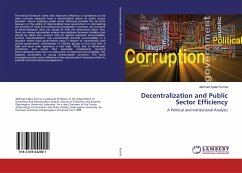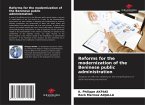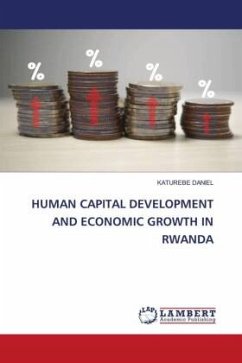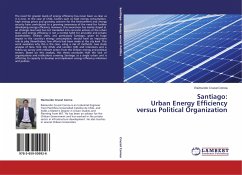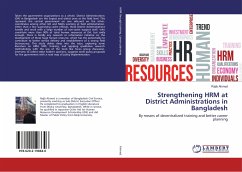Theoretical literature claims that improved efficiency is considered as the main outcome expected from a decentralized system of public service provision. Hence analysing public sector efficiency provides the de facto measure of the ability of decentralized local government in internalizing the benefits of fiscal and political decentralization. However, the outcome of decentralization does not always fit with the theoretical claims. First, there are always externalities arising from spillovers between localities that should be taken into account and set against improved accountability. Second, decentralization may paradoxically diminish accountability in a situation where local governments enjoy a degree of cohesiveness with central government, cohesiveness of interest groups at the local level is high and local voter ignorance is also high. Third, lack of democratic institutions and norms that essentially complement electoral democratization have been an obstruction to improved accountability. This happens particularly in young democratized countries. This book investigates public sector efficiency in the decentralized Indonesia within its political and institutional arrangements.
Bitte wählen Sie Ihr Anliegen aus.
Rechnungen
Retourenschein anfordern
Bestellstatus
Storno

